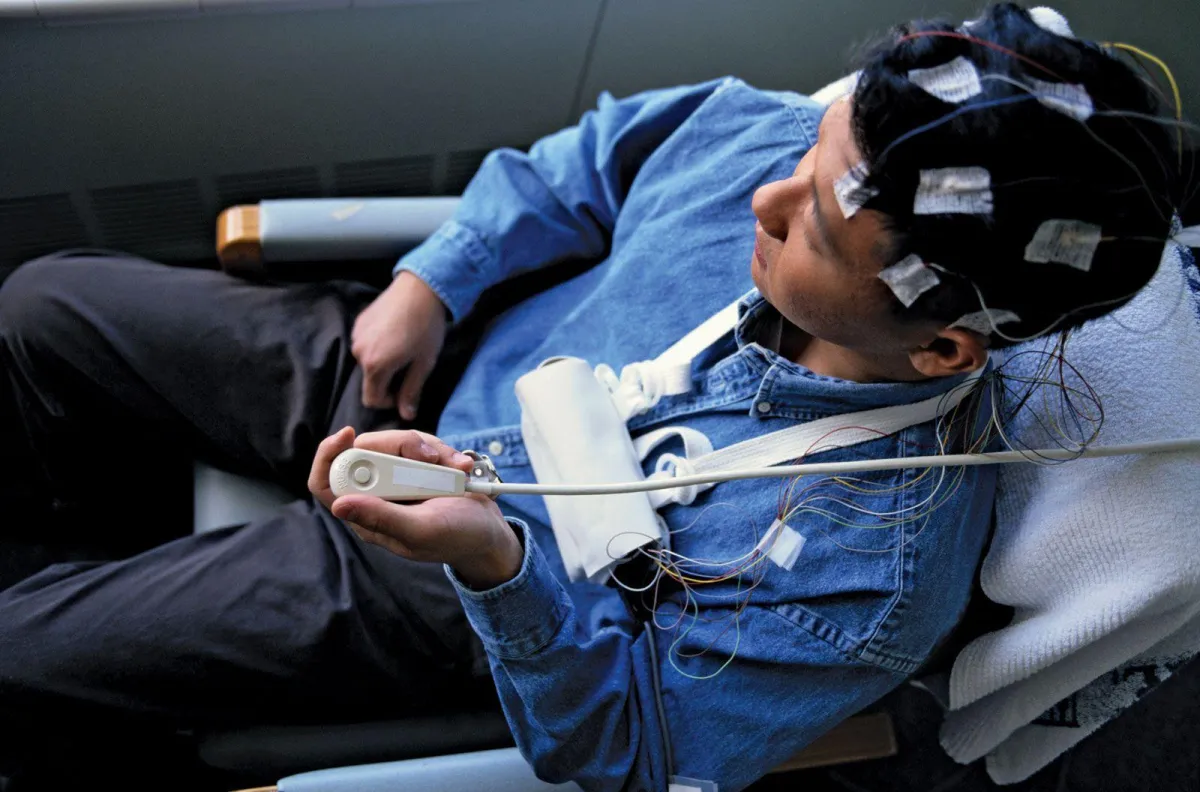EPILEPSY
Epilepsy: Symptoms, Phases, Causes, and Treatment Options
Epilepsy is a chronic neurological condition marked by recurrent seizures caused by abnormal electrical activity in the brain. Early diagnosis and specialized epilepsy care in Cumberland and Hagerstown, MD, improve seizure control and long-term brain health.
At Mir Neurology, patients receive comprehensive epilepsy evaluation and treatment close to home in Western Maryland.
Epilepsy Symptoms
Epilepsy symptoms vary based on seizure type, brain region involved, and severity. Some seizures last seconds. Others last minutes and disrupt awareness, movement, or behavior.
Absence Seizure Symptoms
Absence seizures often affect children but also occur in adults.
Typical & Atypical Absence Seizures
Common symptoms include:
Sudden stillness
Blank staring
Lack of response
Lip-smacking or chewing
Rapid blinking or eyelid fluttering
Repetitive hand movements
Key differences:
• Typical absence seizures start and stop suddenly
• Atypical absence seizures develop gradually
• Atypical absence seizures last longer
• Falls occur more often with atypical absence seizures
Untreated absence seizures can affect learning, focus, and daily functioning.


Types of Seizures and Their Symptoms
Tonic Seizure Symptoms
Sudden muscle stiffening
Rigid arms or legs
Loud groan or cry
Arching of the back
Breathing difficulty
Pale or bluish skin
Tonic seizures often occur during sleep and increase injury risk.
Clonic Seizure Symptoms
Repetitive rhythmic jerking
Loss of awareness in generalized seizures
Tingling or numbness
Confusion and extreme fatigue afterward
Tonic-Clonic Seizure Symptoms
Also called generalized convulsive seizures
Loss of consciousness
Muscle stiffening followed by jerking
Loss of bladder control
Tongue biting
Severe post-seizure confusion
Tonic-clonic seizures often require urgent neurological evaluation.
Atonic Seizure Symptoms
Sudden loss of muscle tone
Head drop or collapse
Unexpected falls
Brief jerking movements
Protective headgear often reduces injury risk.
Myoclonic Seizure Symptoms
Sudden shock-like muscle jerks
Commonly affect arms or the upper body
Awareness remains intact
Myoclonic seizures often occur shortly after waking.


Focal Aware Seizures (Simple Partial Seizures)
Commonly described as an "aura"
Change in feeling, vision, smell, hearing, and taste
Jerking muscles in the face or a limb
Sudden emotional changes
Difficulty with speech, hearing, or vision
Tingling and numbness
Increase in blood pressure or heart rate
Hallucinations
No loss of consciousness
Focal Impaired Awareness Seizures (Complex Partial Seizures)
Repeating words
Sudden emotional changes
Grasping the air or clothes
Impaired awareness
Blank staring
Lip-smacking or chewing
Picking at clothing
These seizures often involve the temporal lobe and affect memory.
Phases of Seizures
There are three phases of seizures: aura, ictus, and postictal.
Aura Phase
Aura Phase: An aura is a focal aware seizure and an early warning sign.
Visual changes
Unusual smells or tastes
Sudden fear or anxiety
Dizziness or tingling
Recognizing an aura allows for time to plan for safety.
Ictal Phase (Ictus)
The active seizure phase. Symptoms vary by seizure type.
Post = after | Ictal = seizure
Following a seizure, a person may experience:


Postictal State
The recovery period after a seizure.
Confusion
Drowsiness
Headache
Muscle soreness
Memory gaps
Temporary vision or speech difficulty
Take Control of Your Life
Don’t let epilepsy and seizures steal your time, body, and energy. Let us help you take control of your life again.
Understanding the signs of epilepsy will help expedite the process of establishing a proper diagnosis and treatment. Recognizing your unique symptoms may give you time to take precautionary measures before experiencing an attack.
Our epilepsy team performs neurological examinations, blood tests, EEGs (Electroencephalogram), MRIs, or CT scans to pinpoint the exact cause of your seizures and develop the safest treatment options.
If you suspect you have epilepsy and would like to speak with an epilepsy specialist, contact us today.
Epilepsy Causes
What Causes Epilepsy?
In about 50% of cases, epilepsy has no specific cause. The other 50% of cases may be linked to:
Genetics – Certain genetic mutations can increase epilepsy risk. These mutations usually affect how neurons are stimulated. However, even those with these mutations may never develop epilepsy. Genetic predisposition accounts for 30-40% of epilepsy cases.
Head Trauma – Injuries from auto accidents, falls, or blows to the head can trigger epilepsy.
Brain Disorders – Conditions such as stroke or brain tumors can cause seizures, especially in older adults.
Infections – Epilepsy can result from HIV, tuberculosis, or bacterial meningitis, which affect the central nervous system.
Prenatal Conditions – Brain damage in unborn babies due to oxygen deficiency, maternal infection, or poor nutrition can lead to epilepsy.
Alcohol Withdrawal –


Epilepsy Triggers & Risk Factors
Common Epilepsy Triggers
A trigger is something that can bring on a seizure. Triggers vary from person to person but may include:
Sleep deprivation
Not taking epilepsy medication regularly
Drug or alcohol abuse
Flashing lights
Epilepsy Risk Factors
Certain factors may increase the risk of developing epilepsy:
Premature birth & low birth weight
Abnormal blood cells in the brain
Environmental toxins (e.g., lead exposure)
Family history of epilepsy
Substance abuse
Brain tumors
Stroke
Head trauma
Autism spectrum disorder
Get Expert Help

If you or a loved one is experiencing memory loss or cognitive decline, early diagnosis is key to effective management. Consult with our neurology specialists for personalized assessment and care plans.
Our Locations
To learn more about our experience or discuss your treatment options, please call us at (301) 797-7600 or schedule a consultation today!
Get our wellness newsletter
Filter out the noise and nurture your inbox with health and wellness advice that’s inclusive and rooted in medical expertise.
Contact Us
Complaint and Queries
(301) 517-7636
About | Careers
© Copyright 2026. Mir Neurology. All Rights Reserved.
A Part of Highland Healthy Living. Powered By CareSyncMarketing



